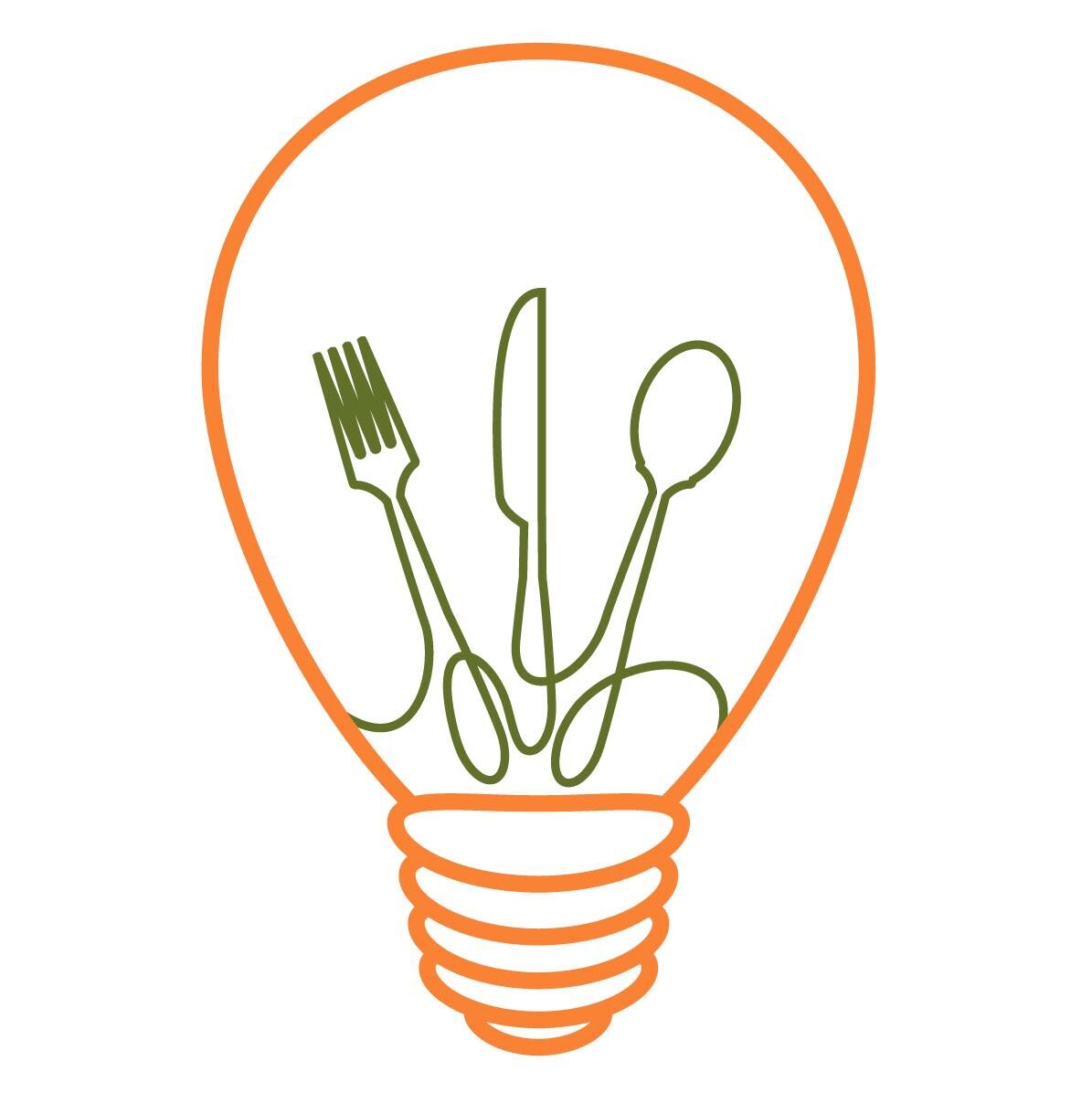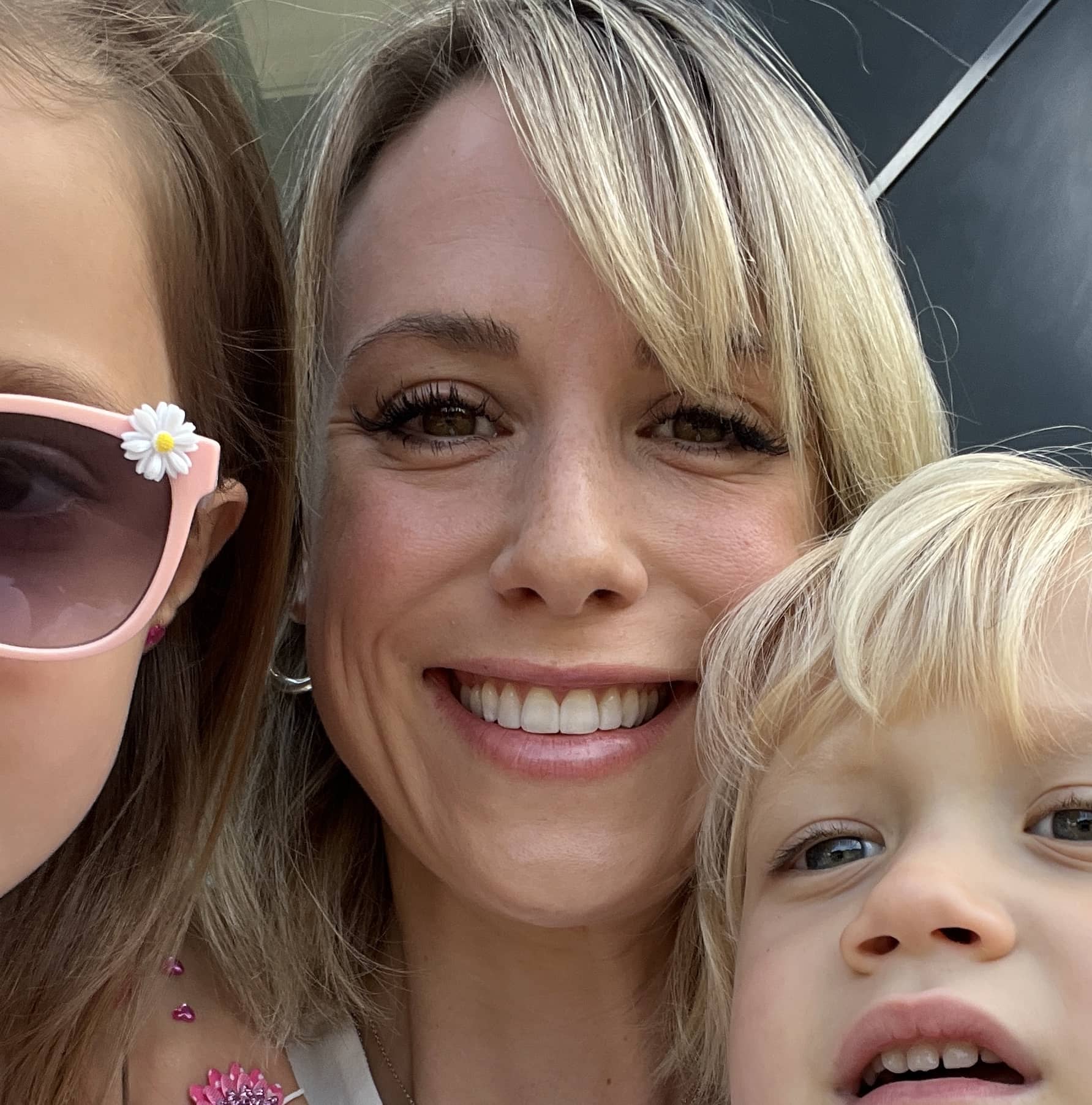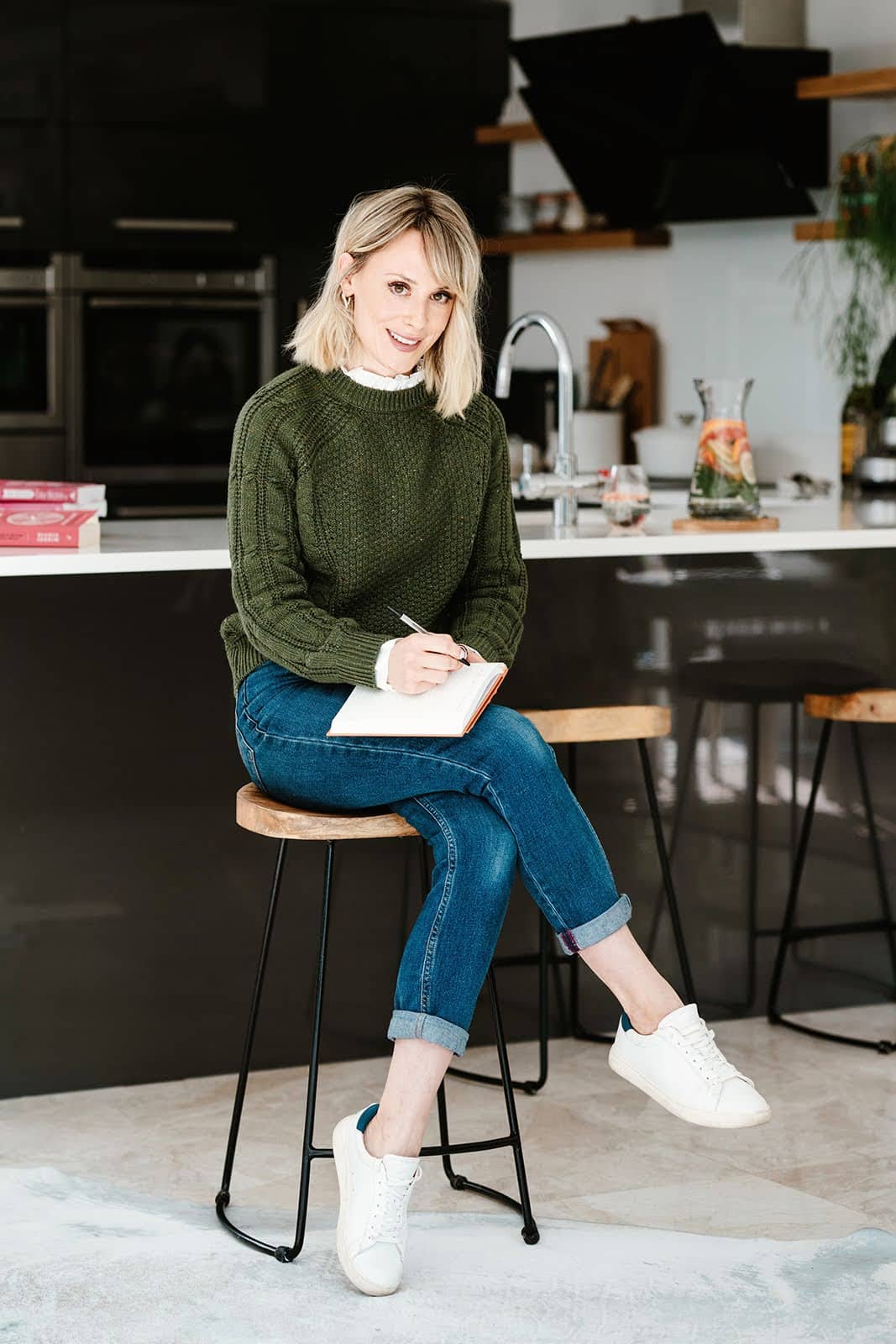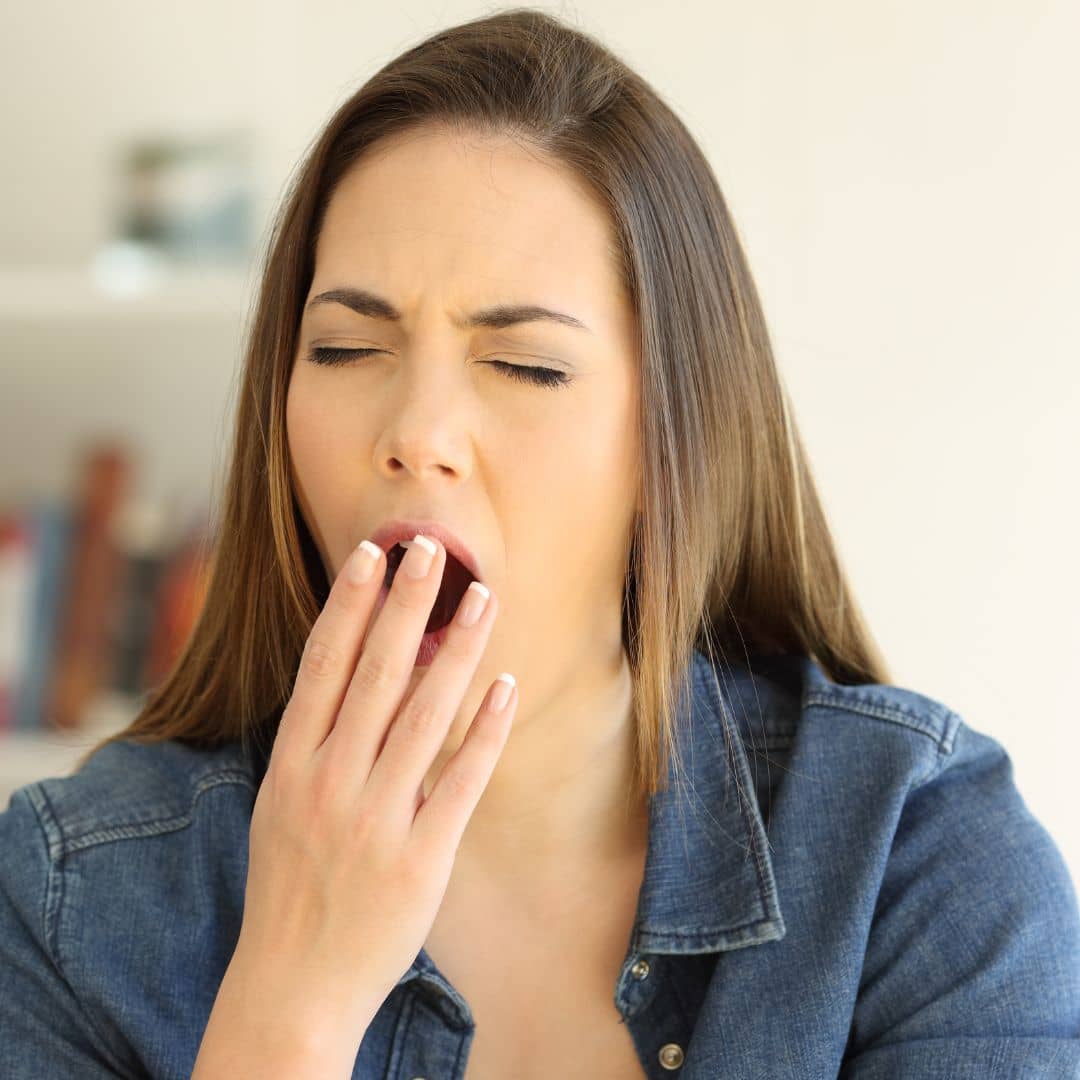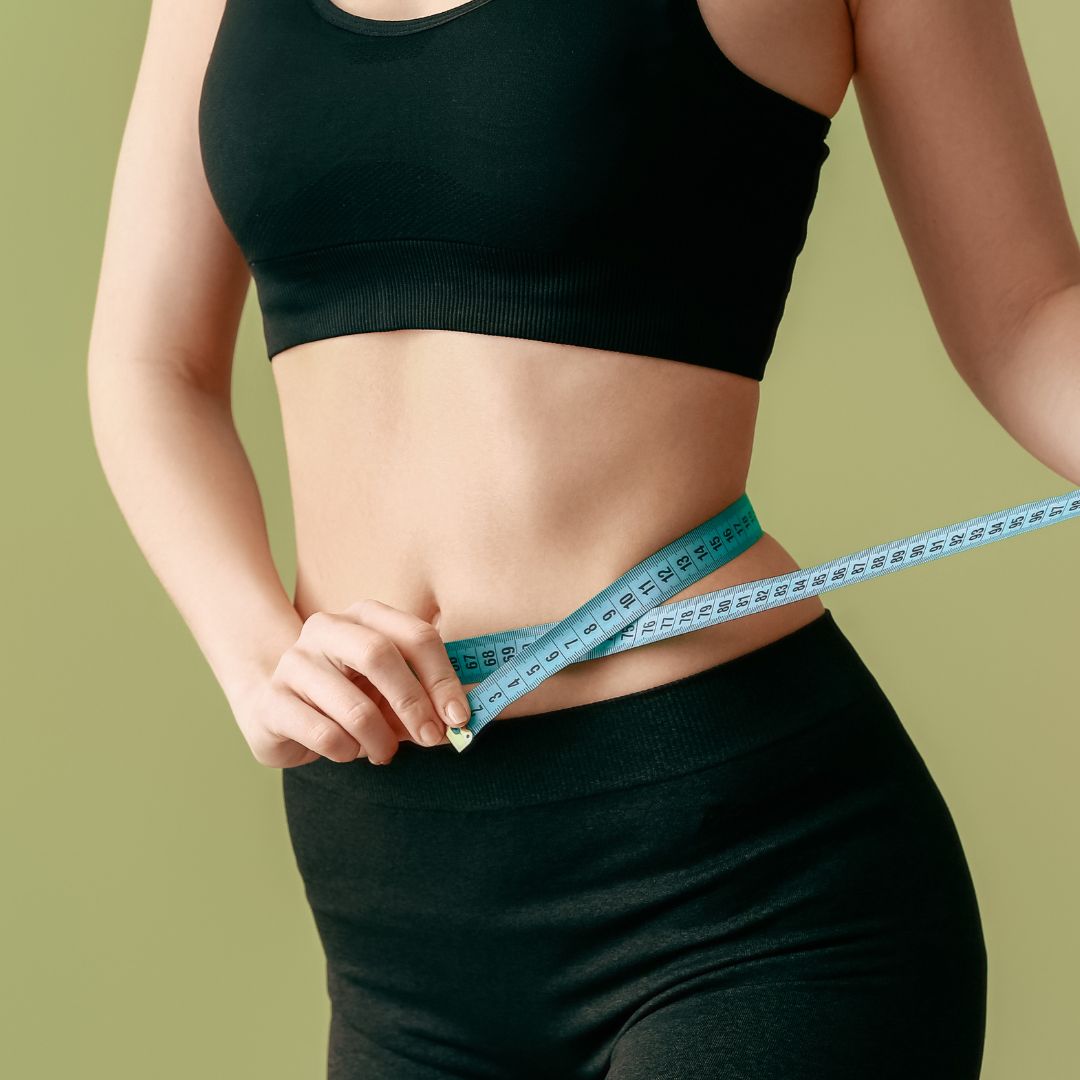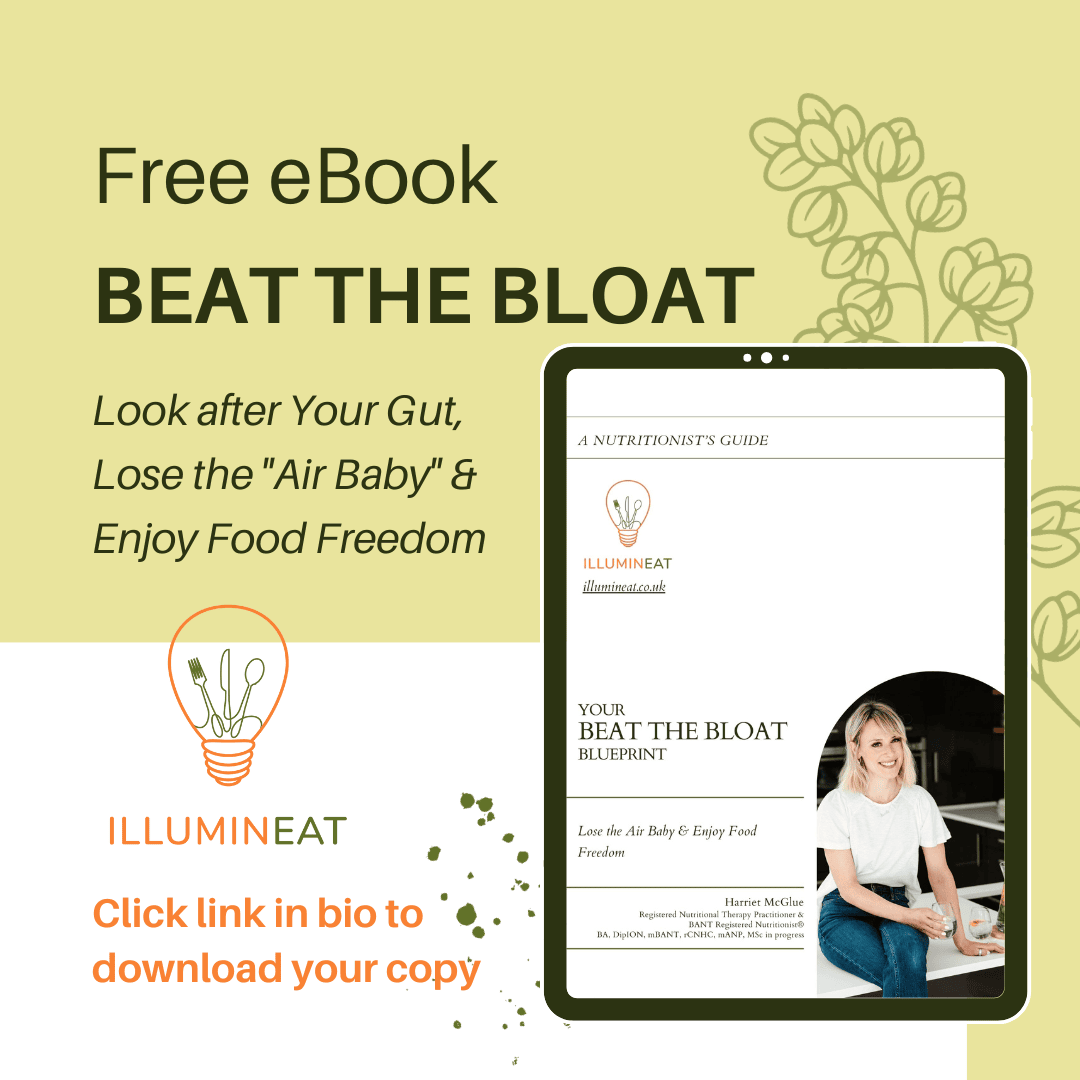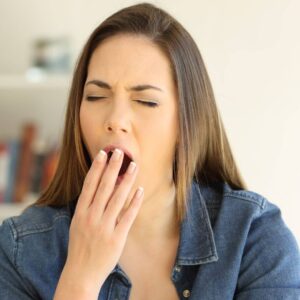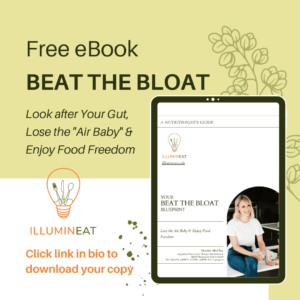
Nutritional Therapy is about diet, but that’s not all. When I’m a qualified Nutritional Therapy Practitioner (not too long to go now!) I’ll be looking at ALL aspects of a client’s lifestyle: diet, incorporating exercise (or movement as I prefer to call it), developing stress management techniques, cultivating meaning & purpose – and how to sleep better.
With a decade of intermittent insomnia behind me(!) the irony is not lost that it’s me talking about how to sleep better. But like it or not, sleep is a fundamental pillar of good health. Not enough kip on a regular basis puts us at risk of serious conditions including obesity, coronary heart disease and diabetes – and shortens life expectancy.
And if that wasn’t enough, it can negatively impact cognition, mood, hormone balance, blood glucose control, energy, libido & more. Sorry parents of small children (myself included)! By making small tweaks to our daily routine, however, we can see real and lasting improvements.
Here’s how to sleep better
- Grab yourself a weighted blanket. Initially I thought they were a cosy-looking fad, but some initial research is there to support their usefulness in anxiety, ADHD, fibromyalgia – and getting a better night’s sleep. Now, I won’t be without my Mela! It really relaxes me and helps my restless legs.
- Lavender or other relax oil – on your pillow or in a diffuser. Numerous studies demonstrate a small to medium effect for sleep due to natural sedative and hypnotic properties. I love my NEOM
- A hot bath or shower before bed – the rise and then drop in core body temperature can reduce time taken to fall asleep, increase the amount of deep sleep and sleep quality. Plus its a great excuse for some valuable “me time”: Win-Win!
- Reading a book in bed may improve overall sleep quality. Make it fiction though, and nothing too scary or distressing!
- Stay off the screens 2 hours before sleep. Blue light tricks your body into thinking it’s daytime and prevents normal release of melatonin (melatonin is our sleepy hormone and master regulator of our circadian rhythm). If the draw of Netflix is just too great? Invest in some blue light-blocking glasses. I love mine by Bon Charge. But don’t check your email and avoid doom scrolling at all costs!
- Keep a notebook by your bed to jot down ideas, worries and to-do lists which can have a nasty habit of popping into our minds just as we’re drifting off
- Magnesium has a solid evidence base for promoting relaxation and enhancing sleep quality. 60-80% of us are deficient! Magnesium citrate and glycinate are good absorbable forms. Biooptimisers has transformed my sleep quality, after I initially saw it recommended by Mark Hyman and Dhru Purohit. An Epsom salts bath or skin spray can be used to absorb Mg trans-dermally. Better You do some great ones.
- Check your environment is cool and comfortable. 18-20 deg works well for most people and cotton or linen are breathable for bedding.
- Install blackout blinds or wear an eye mask, unless you want to rise with the birds (or your kids)
- Set your circadian rhythm (body clock) with some daylight first thing. Open those curtains/blinds! Better still, take a morning walk.
- Have a coffee/tea curfew of 2pm. Caffeine can remain elevated in the blood for 6-8 hours and significantly worsen your kip, especially if you’re a genetically slow metaboliser (you can get this tested privately).
- Eat dinner earlier in the evening if you can, as a late meal can reduce levels of hormones melatonin and human growth hormone, reducing sleep quality
- Exercise is crucial for sleep, with research consistently demonstrating benefits such as reduced time to fall asleep, less nighttime wakefulness, improved restless legs and increased sleep time. Just don’t do it in the evening!
- Stickling to a regular sleep-wake schedule – even at weekends – is important. Consistent routines help align our circadian rhythm with the homeostatic drive (which makes us feel sleepier the longer we’ve been awake)
- Skip the booze (or expect sleep disturbance!) Alcohol alters melatonin production, exacerbates snoring and disrupts hormones and sleep. Just 1 drink for women/2 for men was found to reduce sleep quality by 24% in one study
- Give meditation a try. Sleep problems often stem from stress: Meditation can calm the mind, promote relaxation and improve control of the autonomic nervous system, reducing night time awakening
- White noise. It’s not just for babies!
- Ask your GP to check your vitamin D and iron levels. A deficiency in either of these has been linked to sleep difficulties. Getting enough magnesium and zinc in your diet is super important too.
- Studies suggest that valerian (a plant) may reduce time taken to fall asleep and make it more sound. You can buy it as a “sleepy tea” blend or as supplements, but speak to your doctor or consult your healthcare practitioner if you are on any medications.
